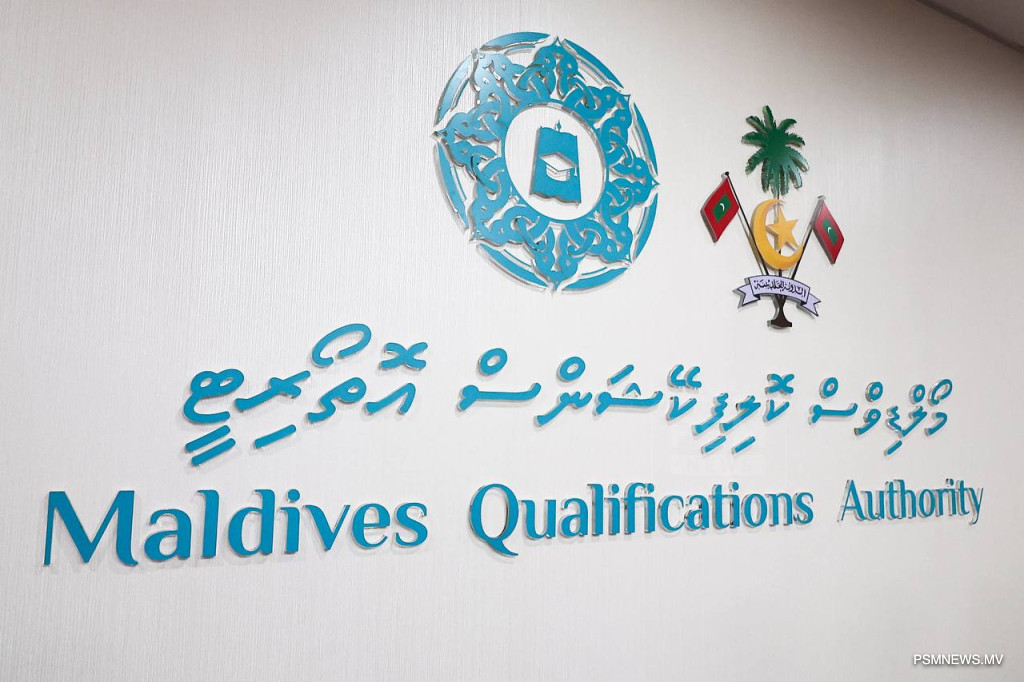
The Maldives Qualifications Authority (MQA) has announced two new regulations aimed at strengthening the country’s higher education system by streamlining document verification and regulating the delivery of accredited programmes overseas.
The new regulations address persistent issues of academic integrity and the unauthorised operation of Maldivian-accredited programmes abroad.
Resumption of official stamping
The MQA has resumed the process of directly stamping its own documents as original, reversing a previous decision that outsourced this task to educational institutions and employers.
This means that documents issued by the MQA, such as those related to qualification recognition, programme validation, and assessment reports, will now be officially attested solely by the authority itself.
The change is intended to centralise the verification process, making it easier for job seekers and other parties to confirm the authenticity of their qualifications.
Previously, the MQA had stopped stamping locally issued certificates in 2017, leading to confusion and increasing concerns over forged documents. The new regulation is a direct response to these concerns and will involve a fee for each page that requires attestation. Application forms for the service are available on the MQA website.
Regulating programmes conducted abroad
In a move to expand and regulate the Maldives’ higher education system internationally, the MQA has also established a regulation governing locally accredited programmes conducted outside the country.
The new regulation will require any institution wishing to offer an MQA-accredited programme abroad to first obtain explicit permission from the MQA.
This rule is a proactive measure to maintain the quality of Maldivian-accredited programmes. The MQA noted that some institutions have been conducting these courses overseas without proper authorisation, potentially compromising academic standards.
By establishing clear guidelines, the authority aims to protect both the integrity of its qualifications and the interests of students, both local and international. Higher education institutions will be required to submit an application to the MQA, which will then approve the programme for overseas delivery.
The new regulations come amid broader efforts by the MQA to enhance quality assurance in higher education.
